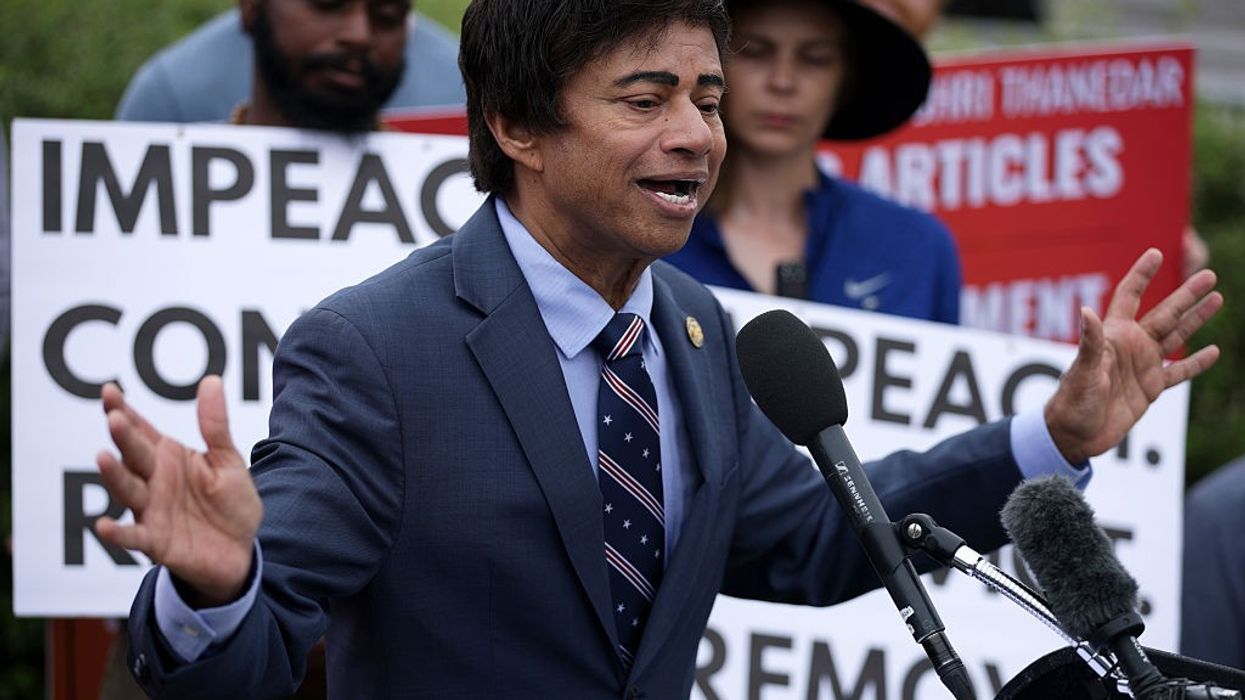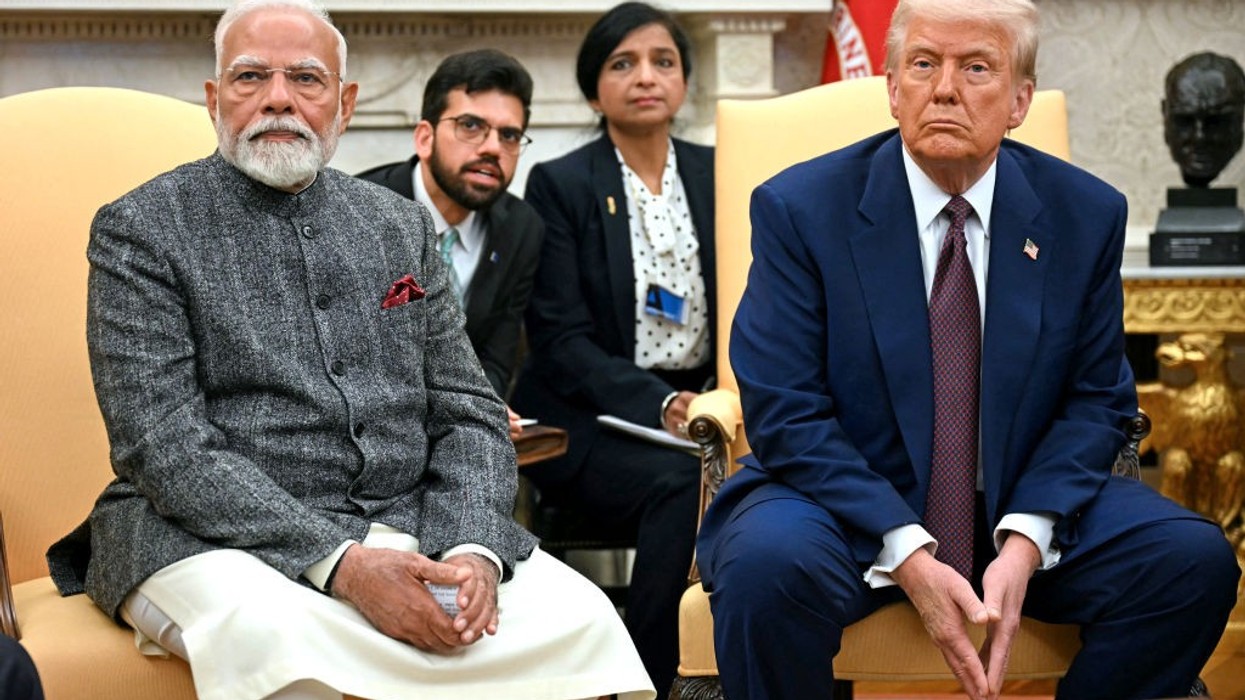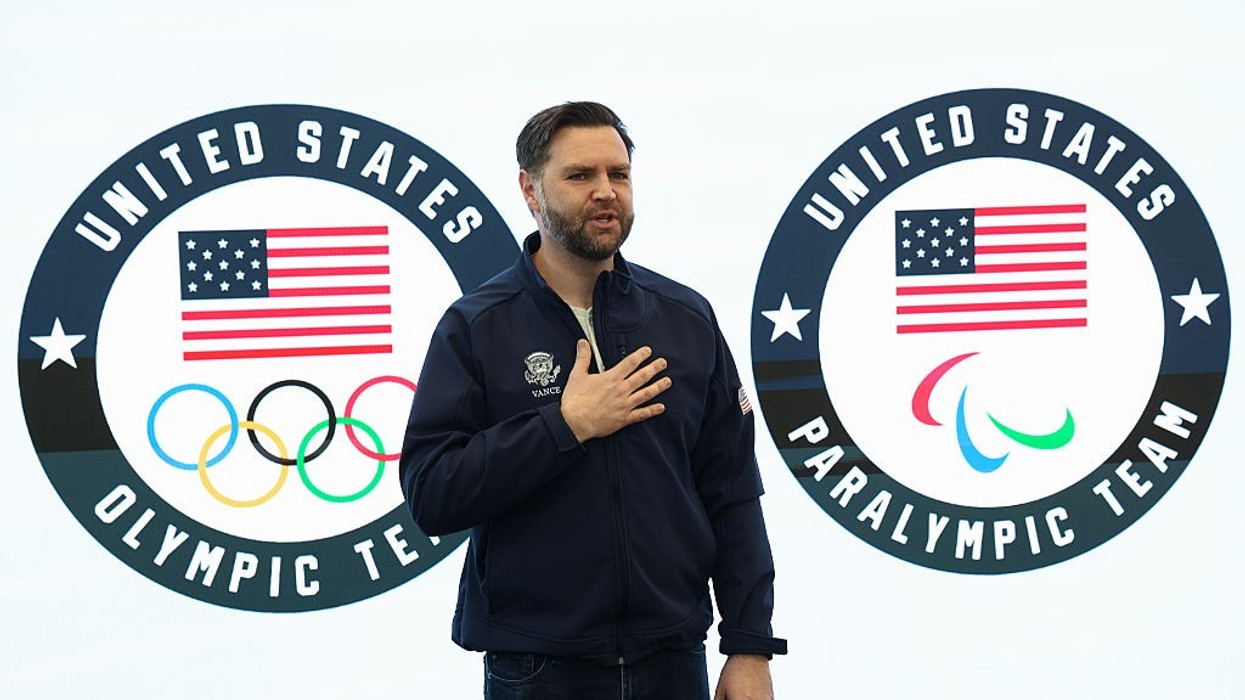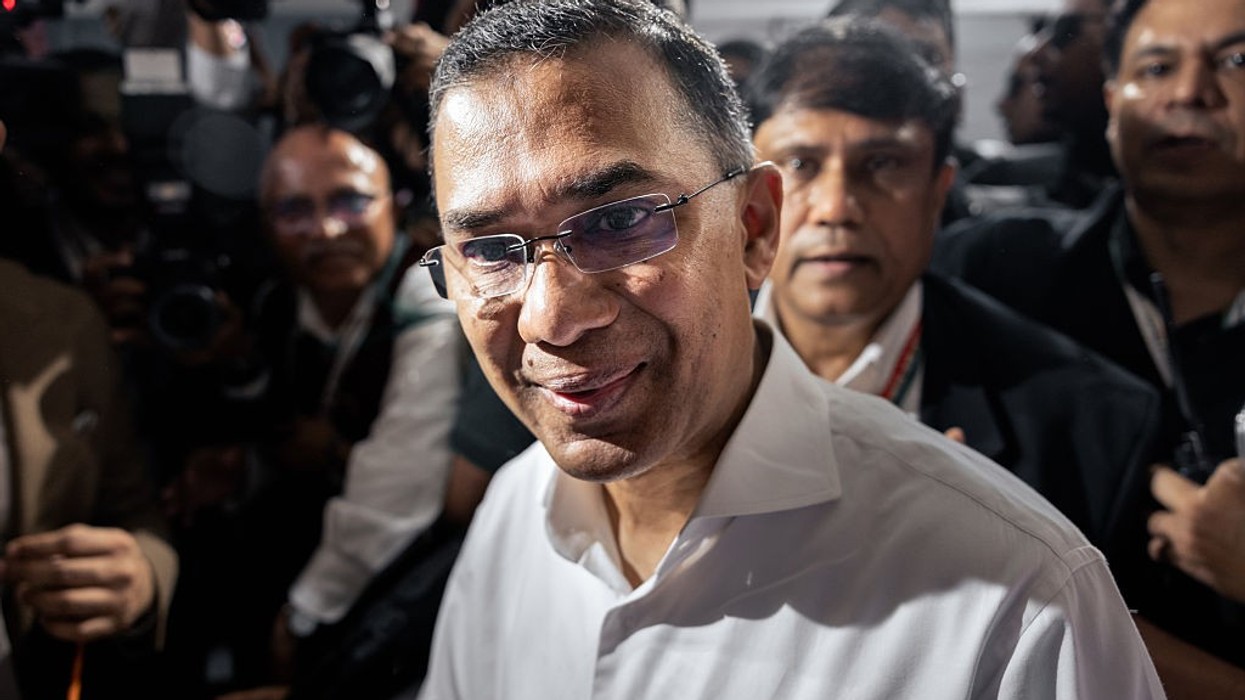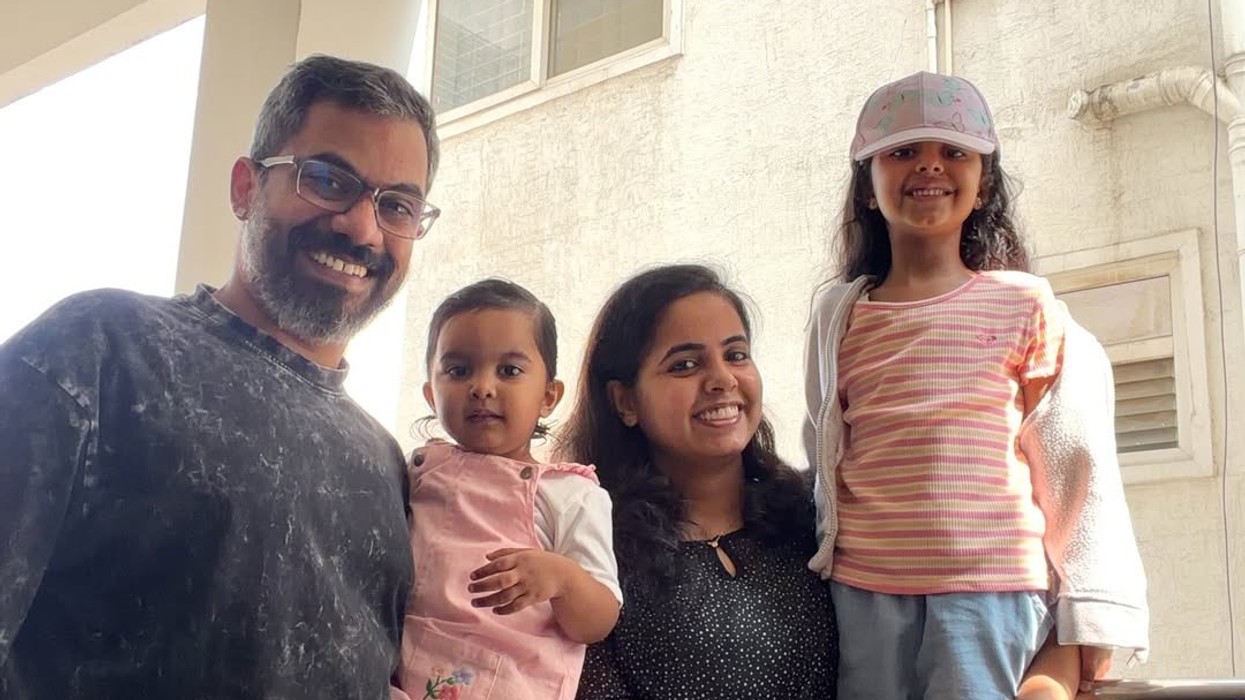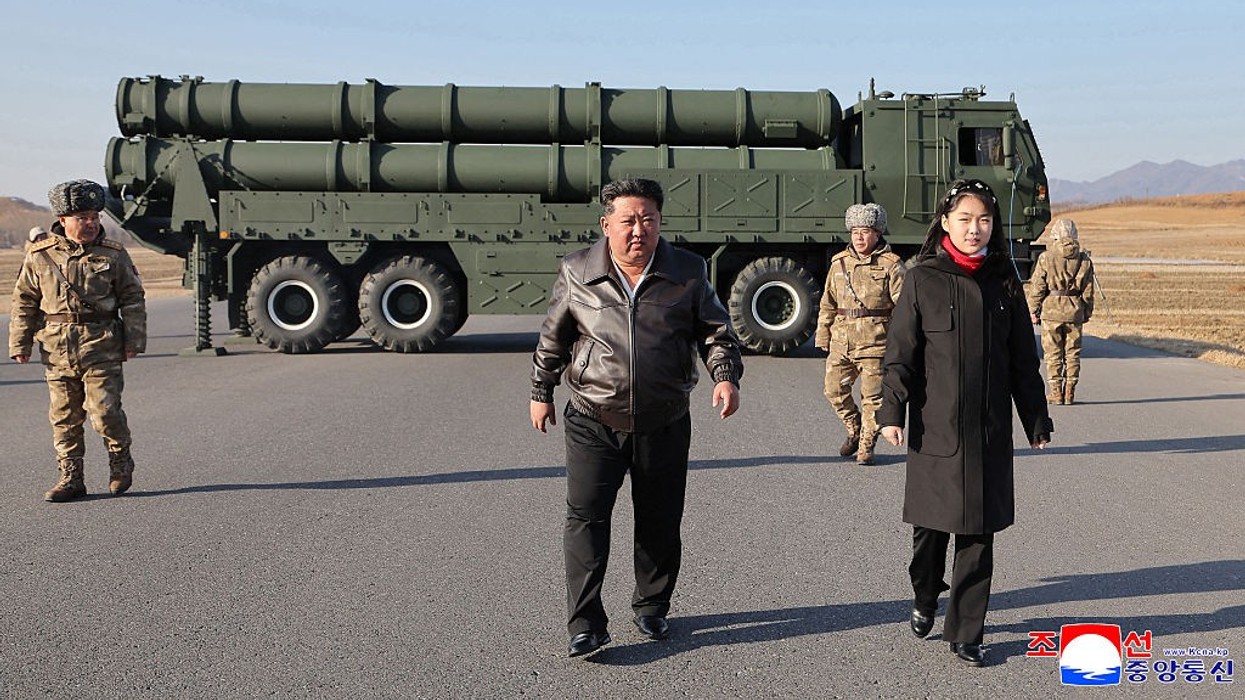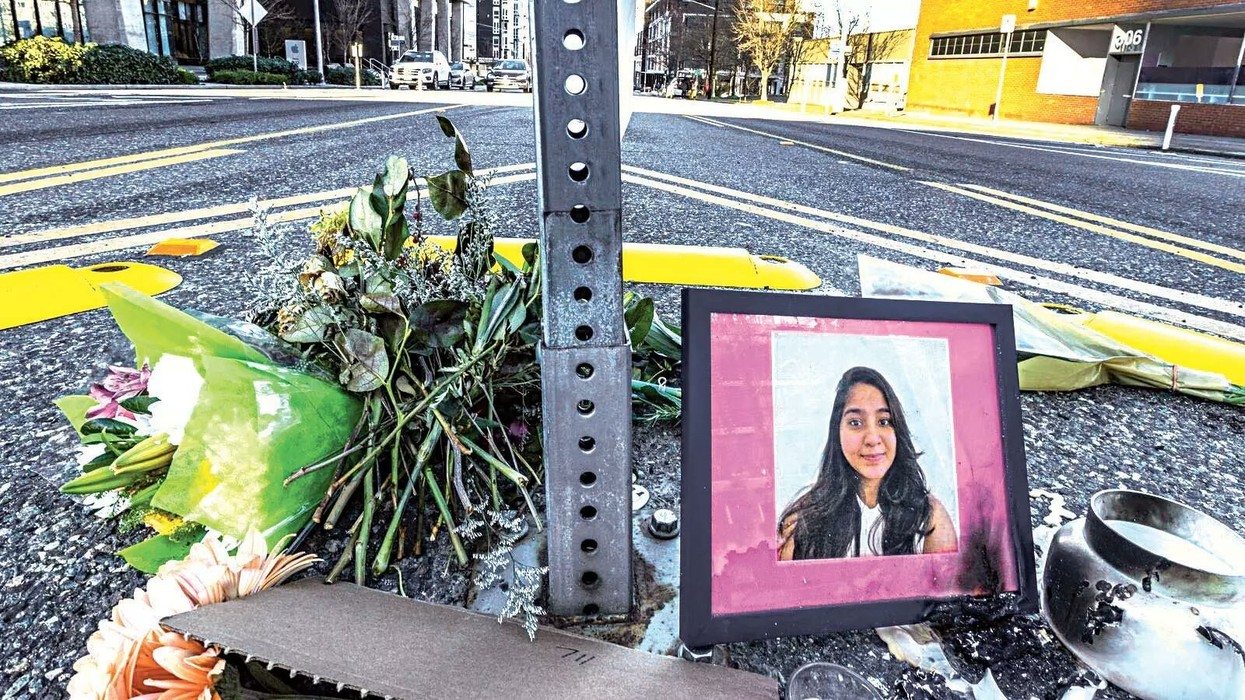Indian-American Congressman Shri Thanedar expressed concern on Tuesday (15) that despite comprising roughly 5 million people in the United States, the Indian-origin community does not yet wield the political influence it deserves. Speaking at an event hosted by an Indian community group in Washington, D.C., Thanedar emphasized that the community’s political power remains underdeveloped.
Focus on Economic Success Over Political Engagement
Thanedar, who has represented Michigan’s 13th congressional district since 2023, pointed out that Indian Americans have traditionally prioritized education, career-building, entrepreneurship, and family life over political involvement. "The focus has always been to get an education, get a good job, start a business, buy a home, raise your children," he said. However, he added that without political power, Indian Americans cannot fully integrate into mainstream American society.
Shri Thanedar: Indian‑Americans Lack Political Power youtu.be
Current Representation and Emerging Leaders
Currently, six Indian-Americans serve in the U.S. House of Representatives, representing districts in California, Michigan, Illinois, and Virginia. While there are no Indian-origin Senators at present, Congressman Raja Krishnamoorthi has announced his candidacy for the U.S. Senate seat from Illinois, with elections set for 2026. This signals a potential breakthrough for Indian representation in the Senate.
In addition to national politics, Indian-origin candidates have been gaining ground at the state level. Notably, Vivek Ramaswamy, a former presidential candidate on the Republican ticket endorsed by Donald Trump, is leading the race to become Governor of Ohio—a key battleground state. Meanwhile, Zohran Mamdani, an Indian-American candidate, has surged ahead in New York City's mayoral race after a surprising Democratic primary victory.
Maryland’s Lieutenant Governor Aruna Miller is also part of a growing cadre of Indian-American politicians making strides in state politics across the country.
The Importance of Political Power in Protecting Rights
Thanedar stressed the critical need for increased political representation, especially in the context of rising concerns about immigration enforcement and civil rights. “We’re starting to see ICE (Immigration and Customs Enforcement) going indiscriminately, picking people up from Home Depots and schools and places of worship,” he noted. He warned that the freedoms and rights of immigrant communities are not guaranteed without vigilance and active engagement in the political process.
Demographics and Political Trends
According to a 2020 report by the Carnegie Endowment, Indians form the second largest foreign-born group in the U.S., trailing only Mexicans. Historically, the Indian-American community has leaned predominantly Democratic in its political allegiance. However, recent years have seen a noticeable increase in support for the Republican Party among Indian voters, especially during President Trump’s administration.
Conclusion: A Call for Greater Political Engagement
Congressman Thanedar’s remarks highlight the urgent need for the Indian-American community to build stronger political influence to safeguard their rights and interests. As more Indian-origin candidates emerge on local, state, and national stages, political power within the community is expected to grow, potentially transforming their role in shaping America’s future.
